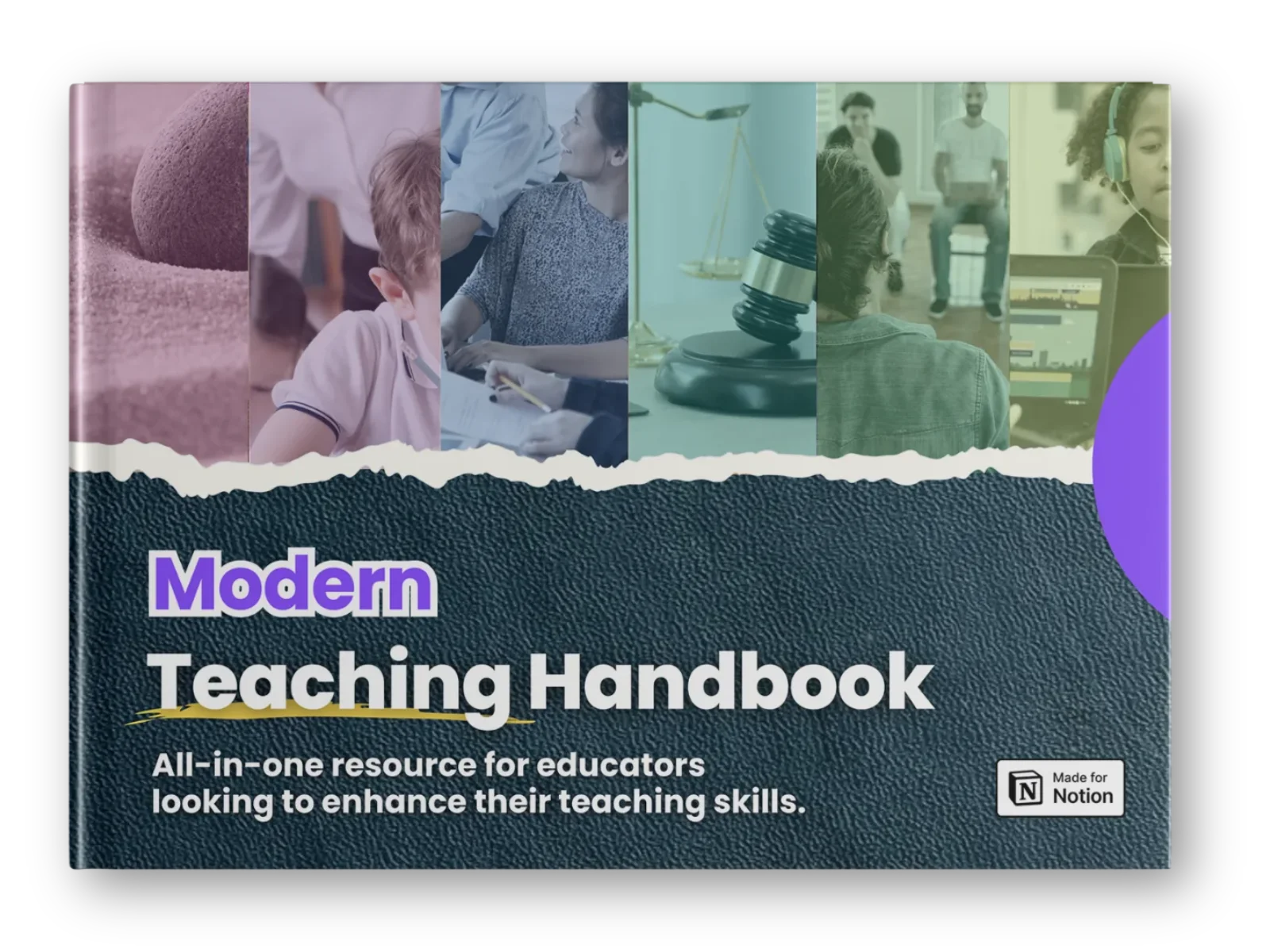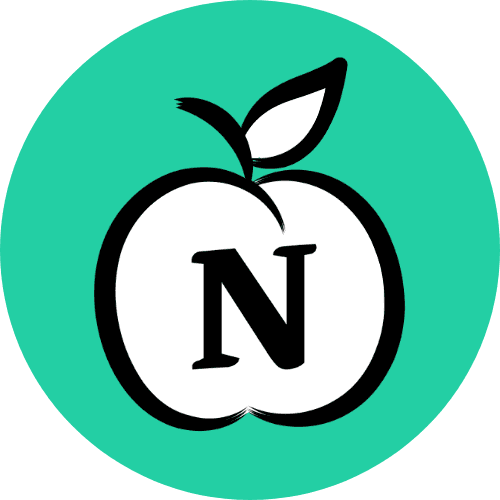Modern Teaching Handbook
Master modern education with the all-in-one resource for educators. Get your free copy now!



The Future of Online Education and Its Impact on Traditional Schools
The Future of Online Education and Its Impact on Traditional Schools
The Future of Online Education and Its Impact on Traditional Schools

Article by
Milo
ESL Content Coordinator & Educator
ESL Content Coordinator & Educator
All Posts
The online education market is evolving rapidly, creating new opportunities for learning and skill development. In today's fast-paced world, online courses have gained popularity due to their flexible formats, allowing learners to adapt education to their busy schedules.
The rise of online education can be attributed to the widespread availability of broadband internet and advances in technology. During the pandemic, educational institutions quickly shifted to remote learning, further boosting the popularity of online courses. This shift was particularly impactful in digital professions, where remote work is more common.
The online education market is evolving rapidly, creating new opportunities for learning and skill development. In today's fast-paced world, online courses have gained popularity due to their flexible formats, allowing learners to adapt education to their busy schedules.
The rise of online education can be attributed to the widespread availability of broadband internet and advances in technology. During the pandemic, educational institutions quickly shifted to remote learning, further boosting the popularity of online courses. This shift was particularly impactful in digital professions, where remote work is more common.
Modern Teaching Handbook
Master modern education with the all-in-one resource for educators. Get your free copy now!

Modern Teaching Handbook
Master modern education with the all-in-one resource for educators. Get your free copy now!

Modern Teaching Handbook
Master modern education with the all-in-one resource for educators. Get your free copy now!

The Growth of Online Education
Online education is now a key part of the education system, forming a distinct sub-industry with its own rules, trends, and expectations. While online learning has adopted many traditional classroom practices, such as deadlines for assignments, it also brings unique challenges. For students who struggle with deadlines, there are helpful resources, such as an essay writing service for students, that provide support for completing assignments based on specific requirements.

Why Is Online Education So Popular?
Online education offers the flexibility to study from anywhere, making it accessible to people across different countries and regions. Learners can set their own schedules, making it easier to balance education with work, family time, and travel. The concept of life-long learning is becoming more relevant, as people often need to change professions several times in their lives, pushing them to acquire new skills continuously.
According to analysts, one of the most appealing aspects of online education is the ability to record classes and lectures. This allows students to watch them at their convenience. Additionally, the easy access to educational materials and the flexibility to combine learning with other commitments make online education an attractive option.
However, there are also concerns about online learning. Some students fear that remote learning will cause distractions, and they struggle with self-discipline and motivation. A common complaint is the lack of engagement in online learning environments, which can lead to boredom and lower completion rates.
Key Insights for Developing Effective Online Courses
A global survey of students from 17 countries revealed important factors that should be considered when designing online courses:
Course Structure and Content: High-quality content and well-structured programs are essential. Teachers need proper training and experience to deliver online education effectively.
Technology and Engagement: Although virtual reality, simulations, and complex visual content can enhance online learning, students currently place less emphasis on these features, possibly because they aren't familiar with how to use them effectively. Experts, however, see potential in the future use of metaverse elements in education.
Universal Expectations: Students' expectations of online education are generally consistent, regardless of their age, field of study, or level of education.
The Global Online Education Market
When discussing online education, the term "EdTech" (educational technology) often comes up. EdTech encompasses digital technologies used in education, such as computers, tablets, apps, and learning platforms. It also includes the broader online education sector.
The global EdTech market includes hardware like tablets and laptops, which make up a significant portion of its revenue. According to Technavio's estimates, the EdTech market was valued at $122.1 billion in 2022. Experts predict it will grow at an average annual rate of 13.61%, reaching $231.08 billion by 2027.
Similarly, Statista Market Insights projects that the online education market will grow to $257.7 billion by 2028. The United States currently leads the market and is expected to maintain this position, with major tech companies such as Microsoft, Cisco, and Oracle headquartered in North America. Other key markets include China, the United Kingdom, India, and Canada.
The Growth of Online Education
Online education is now a key part of the education system, forming a distinct sub-industry with its own rules, trends, and expectations. While online learning has adopted many traditional classroom practices, such as deadlines for assignments, it also brings unique challenges. For students who struggle with deadlines, there are helpful resources, such as an essay writing service for students, that provide support for completing assignments based on specific requirements.

Why Is Online Education So Popular?
Online education offers the flexibility to study from anywhere, making it accessible to people across different countries and regions. Learners can set their own schedules, making it easier to balance education with work, family time, and travel. The concept of life-long learning is becoming more relevant, as people often need to change professions several times in their lives, pushing them to acquire new skills continuously.
According to analysts, one of the most appealing aspects of online education is the ability to record classes and lectures. This allows students to watch them at their convenience. Additionally, the easy access to educational materials and the flexibility to combine learning with other commitments make online education an attractive option.
However, there are also concerns about online learning. Some students fear that remote learning will cause distractions, and they struggle with self-discipline and motivation. A common complaint is the lack of engagement in online learning environments, which can lead to boredom and lower completion rates.
Key Insights for Developing Effective Online Courses
A global survey of students from 17 countries revealed important factors that should be considered when designing online courses:
Course Structure and Content: High-quality content and well-structured programs are essential. Teachers need proper training and experience to deliver online education effectively.
Technology and Engagement: Although virtual reality, simulations, and complex visual content can enhance online learning, students currently place less emphasis on these features, possibly because they aren't familiar with how to use them effectively. Experts, however, see potential in the future use of metaverse elements in education.
Universal Expectations: Students' expectations of online education are generally consistent, regardless of their age, field of study, or level of education.
The Global Online Education Market
When discussing online education, the term "EdTech" (educational technology) often comes up. EdTech encompasses digital technologies used in education, such as computers, tablets, apps, and learning platforms. It also includes the broader online education sector.
The global EdTech market includes hardware like tablets and laptops, which make up a significant portion of its revenue. According to Technavio's estimates, the EdTech market was valued at $122.1 billion in 2022. Experts predict it will grow at an average annual rate of 13.61%, reaching $231.08 billion by 2027.
Similarly, Statista Market Insights projects that the online education market will grow to $257.7 billion by 2028. The United States currently leads the market and is expected to maintain this position, with major tech companies such as Microsoft, Cisco, and Oracle headquartered in North America. Other key markets include China, the United Kingdom, India, and Canada.
Modern Teaching Handbook
Master modern education with the all-in-one resource for educators. Get your free copy now!

Modern Teaching Handbook
Master modern education with the all-in-one resource for educators. Get your free copy now!

Modern Teaching Handbook
Master modern education with the all-in-one resource for educators. Get your free copy now!

Table of Contents
Modern Teaching Handbook
Master modern education with the all-in-one resource for educators. Get your free copy now!
2025 Notion4Teachers. All Rights Reserved.
2025 Notion4Teachers. All Rights Reserved.
2025 Notion4Teachers. All Rights Reserved.
2025 Notion4Teachers. All Rights Reserved.







